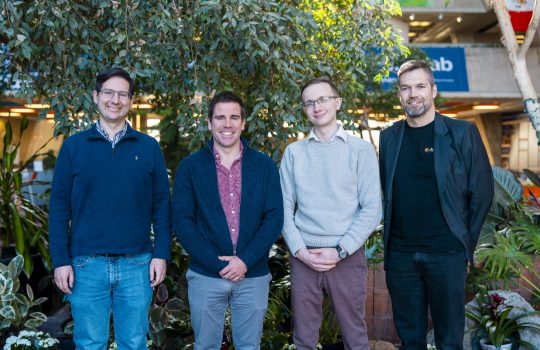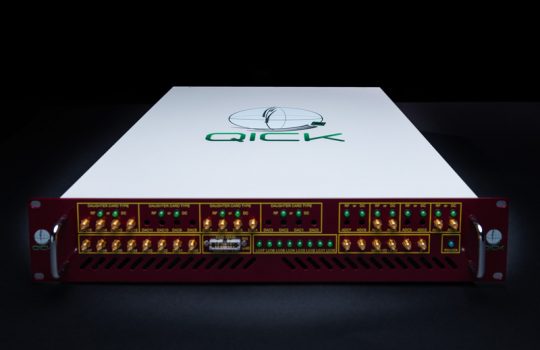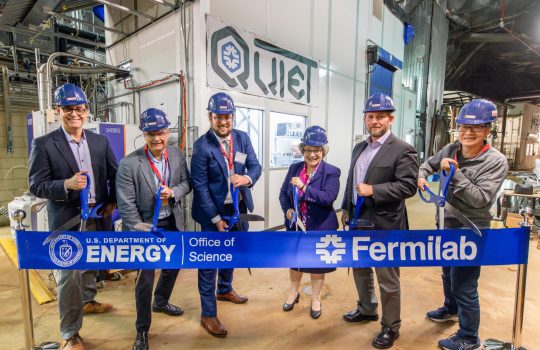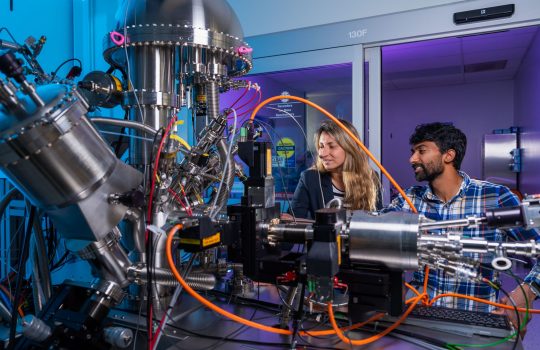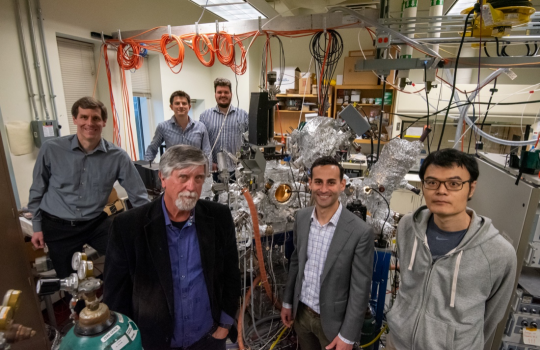Quantum entanglement of remote qubits boosts fidelity with time-bin encoding
Quantum Zeitgeist, June 20, 2025
A team of researchers at Fermilab titled, “Entangling remote superconducting qubits via transducer-generated multi-time-bin states”, demonstrates improved fidelity in both ideal transduction systems and those subject to noise, aiming to offer a potentially scalable architecture for future heterogeneous quantum networks.

